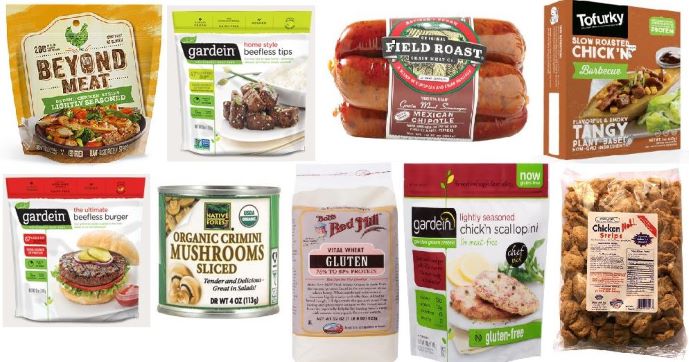At the beginning of the semester, I was asked about what food means to me, and I explained that it was simply a way to de-stress and connect with my family after a busy day. But after a semester of food science and 12 topics related to contemporary issues in food science, I can say with complete certainty that my view on food has changed.
One of the topics that I was most familiar with was obesity. Before coming to the United States, I knew that people were obese there, but only by coming here did I realize the extent of it. America has become so obesogenic, due to the abundance of fast food and convenience and the lack of general exercise in the population. I myself was once very overweight, almost to the point of obesity, but I managed to bring my weight down to controllable levels. This has taught me how food can be a way to comfort oneself, but as with everything in life, the dose determines the poison.
Another topic that was familiar to me was organic food. I had an internship at an organic food grocery store chain last summer, so I somewhat know my way around organic food. I learned that people buy organic food because they perceive it as healthier and pesticide free. While it is true that organic means “without conventional pesticides” by the USDA, it does not always mean it is healthier than conventional produce. For all we know, their nutritional value could be identical. Another issue is with consumer perception of organic foods like bST milk. While science supports that it is indistinguishable from normal milk, consumers are opposed to it because it was artificially injected into cows (even though the hormone itself is natural) and that it was made using GMO technology. This has taught me to be very skeptical of any organic claims and to only trust it when science supports it.
The last topic that I know a lot about is plant-based alternatives. My country has a lot of people who are vegetarian or vegan, either for health reasons or religious reasons. Because of that, there are a lot of alternative sources of protein, like tofu and soy-based proteins, as well as mushrooms. This made me curious about the plant-based options here in the US. I was amazed by the variety of options here, like plant-based milks, which are very popular and also had the most growth in recent years. This is mainly because many people are lactose intolerant and cannot drink milk. Other categories like plant-based meats and eggs have also gotten more popular, although not as much. At the same time, sales of actual milk and meat have been slowly decreasing.
A topic that I am unfamiliar with was about cannabis. My country rarely had cannabis on sale as normal cigarettes are much more popular, so I was surprised how prevalent it is in the US, with shops on the UNL bus routes. I learned that cannabis has two main components, one that is the psychoactive one (the one that makes you “high”) and another more beneficial one, which is present in hemp.

